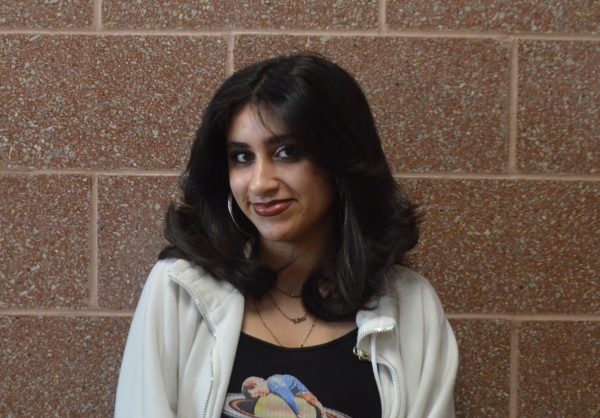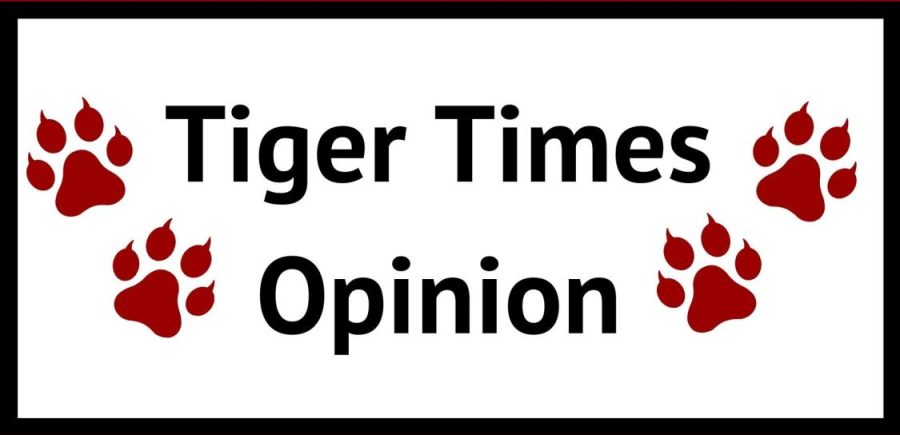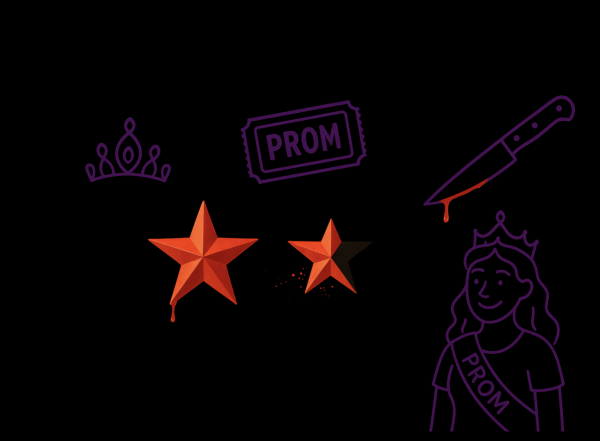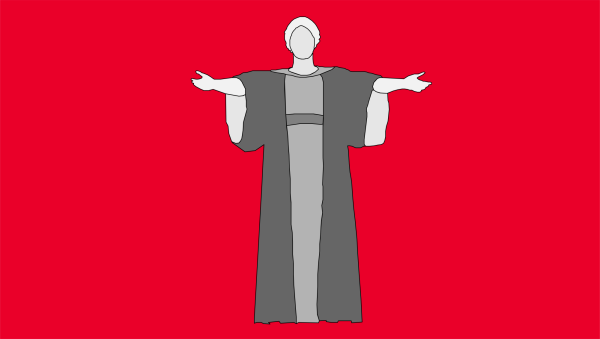The importance of embracing, respecting authentic culture
The State Department decides to formally spell Turkey as Türkiye
The State Department decides to formally spell Turkey as Türkiye
Malak Samara is a junior and Editor-in-Chief for the Fishers Tiger Times. Her views do not necessarily reflect those of the newspaper.
My name, Malak, means angel in Arabic and is a huge part of my culture and identity. As much as I love the deep and important tie it has to my heritage, something as little as the way it has been Americanized or mispronounced makes me feel a sense of disgust toward the name. My entire life while in America, I have had my name pronounced a tremendous amount of ways, but none of which consisted of the authentic way to pronounce it. Not only do I start to hate my own name because I’m surrounded by the Americanized version of it, but it is also a constant reminder that I will never be fully accepted as my true, culturally authentic self.
The world we live in today consists of a multitude of different beliefs, religions and ethnicities, with the diversity only growing. This causes an obstacle to emerge when it comes to respecting the variety of different cultures, which can lead to disputes, misunderstandings and unintended disrespect. Therefore, it is of utmost importance to educate ourselves on different cultures and respect them to the best of our abilities.
According to National Public Radio (NPR), the U.S. Board on Geographic Names approved on Jan. 5 that the U.S. would recognize Turkey as ‘Türkiye’ in formal settings by spelling it the correct and authentic way.” Türkiye has been used by the Turkish people since 1923 when the Ottoman Empire fell and the Turkish Empire formed, however the push for the use of the name did not happen until 2021. President Recep Tayyip Erdogan of Türkiye launched a global rebranding campaign in order to get rid of the anglicized version of his country’s name. Erdogan expressed that ‘Türkiye’ best represented the Turkish people’s culture and values. The United Nations (UN) immediately made the change as soon as they received Türkiye’s request, according to Al Jazeera.
The U.S. and UN recognizing the true and culturally authentic version of Türkiye’s name showcase a huge step in the right direction for acceptance of diversity and equality. Their actions have shown an effort to embrace differing beliefs, and while there is still a long way to go, it allows people to still have hope for complete equity.
Right For Education conducted research displaying that if people can recognize and accept differences, it is more likely that they can move forward, develop and work together. I think the effort to recognize Türkiye is a prime example of this as the U.S. and Türkiye will most definitely have stronger relationships because the U.S. understood the importance of the name change. Further, it helps the U.S. better understand Turkish culture as they continue to implement changes that more closely represent them as a country, therefore eliminating the problem of miscommunication or ignorance of different ways of thinking. Multistate Academic and Vocational Curriculum Consortium came to the same conclusion and further stated that the acceptance of diversity reduces the likelihood of disruption of harmony/peace.
With that being said, while the change in spelling is definitely progress, there is more the U.S. could and should be doing in order to better respect Turkish culture. NPR stated that while the U.S. will formally spell Türkiye, they will not change the way they pronounce it. Further, the U.S. will widely use the former spelling in products or in messages to the public because ‘Turkey’ is more familiar to the public. Turkish President Erdogan, however, made it clear in his campaign that he wanted exports from Türkiye to be spelled the authentic way to normalize the culturally respectful way to spell and say the Turkish Empire.
Therefore, it is extremely important to continue on with the progression and respect by making those changes as soon as possible in order to embrace different cultures and treat them with the utmost respect. If the U.S. puts out that message by actively trying to pronounce it correctly and using ‘Türkiye’ in informal settings as well as with the public, the message will more likely be implemented into American beliefs and the citizens, instead of Türkiye’s culture being swept under the rug.

Malak Samara is a senior at Fishers High School. She heavily enjoys law and loves to write, draw, read, listen to music, and hang out with her friends!













